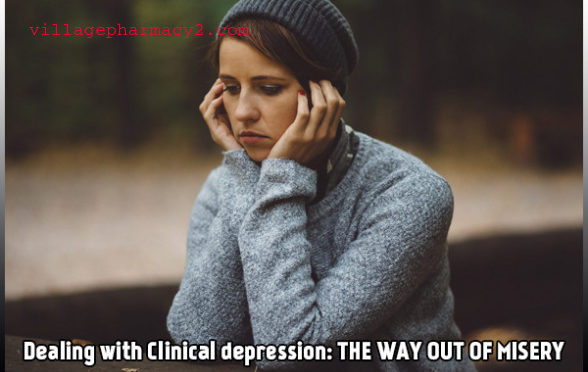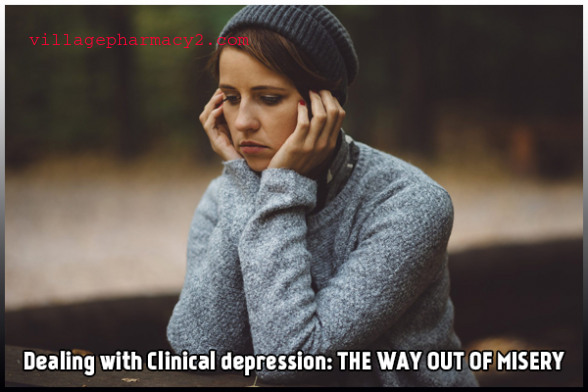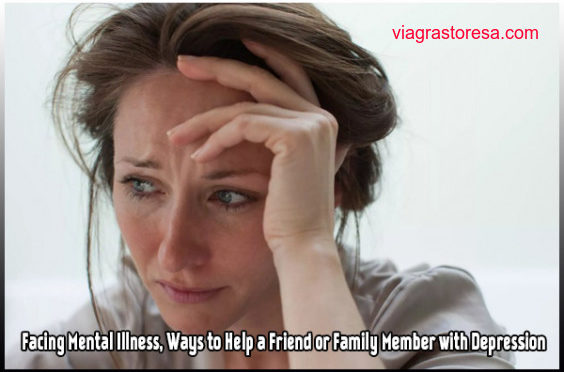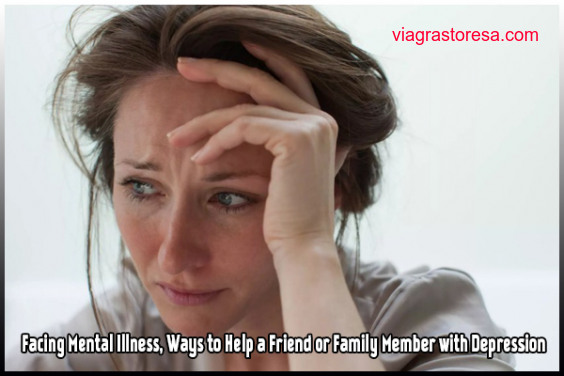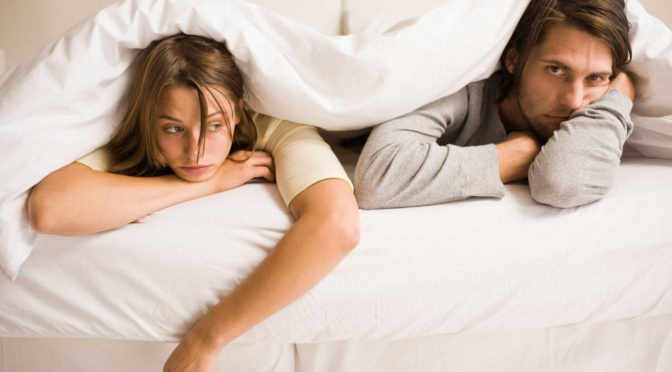Alternative therapies are paving the way for a future for people battling crippling depression and you can sign up for the clinical trials
Depression is a word used lightly, but to those who suffer from it, it is the heaviest thing in the world. Depression is a serious medical illness, but the worst thing about this illness is that it is invisible, and nobody is safe from its grip. Be kind to everyone you meet, because you never know what battle someone might be fighting on the inside. As an outsider, there might not be any way to tell that someone is suffering from depression, but it is very real and it has no mercy.
Symptoms
There are several different symptoms of depression, and they can vary in both severity and types; some of these symptoms include but are not limited to:
- feeling sad
- loss of interest in activities
- loss of energy
- changes in appetite
- trouble sleeping
- feelings of worthlessness
- thoughts of death or suicide
All of these symptoms can severely affect how a person can function, making their home or work life extremely hard. Simple day to day tasks can be grueling and daunting to someone who is suffering from this invisible illness. Depression is a mental illness, but it can manifest physical symptoms. A person struck with depression can often suffer from headaches, back pain, and even gastrointestinal problems. These symptoms, on top of all of the emotional and mental symptoms, can truly cripple a person.
Who suffers from depression?
The National Institute of Mental Health has reported that approximately 16.2 million adults in the United States had at least one episode of depression in 2015. This number equates to about 6.7% of the United States population. While nobody is really safe from depression, it tends to appear most in the 18 to 25 age demographic, and it is higher among females compared to males. In South Africa, it has been reported that one in 16 people are currently experiencing depression. Broken down even further, 6.2% of South Africans between the ages of 16 to 85 have suffered from a depressive disorder.
Anxiety
Often linked with depression is anxiety. Anxiety can come from several different factors, such as genetics or just somebody’s environment; additional causes of anxiety can range from brain chemistry, life events, personality traits, and stress. There are many types of anxiety disorders, such as generalized anxiety disorder, separation anxiety, agoraphobia, and so on. These anxiety disorders can also be extremely crippling to a person and their day to day life. For example, someone suffering from agoraphobia might be stuck at home because the thought of stepping outside cripples them to a point of no return. A person suffering from separation anxiety might not be able to be away from a specific person that might act as their security blanket. A person with a generalized anxiety disorder might start sweating or feel shortness of breath in certain situations that other people might not even think twice about. Just as depression, anxiety is an invisible illness that people can often conceal very well while in the presence of others.
Treatments
Thankfully, there are many steps that a person can take to help their anxiety level. If anxiety is extremely severe, it is best to consult a doctor and perhaps start some form of treatment. However, there are little steps that someone can also take that can be a tremendous help.
If you’re feeling anxious, take time out to meditate
Focus on five things you can see, four things you can touch, three things you can smell, and so on. This technique can put your body and mind into a more relaxing state. Be sure to limit alcohol and caffeine, as they are both big triggers of anxiety.
According to this article eating well-balanced meals and getting enough sleep is also key. Feed your body with good nourishing foods rather than junk and processed items can do a world of wonder. After all, it is said that you are what you eat. Exercising is also great for anyone who is suffering from anxiety, and even depression; the endorphins that your body releases when it’s in motion are feel-good chemicals. You will also feel good knowing that you are taking care of yourself.
Light at the end of the tunnel
Depression and anxiety are very real, even though they can not be seen by the human eye. There are many different ways to treat these illnesses, and turning to a professional is never something a person should be ashamed about.
Doctors know these illnesses are real, and those who suffer truly suffer deeply. It is possible to live a happy, healthy and normal life while living with depression and anxiety; do not let it win.

